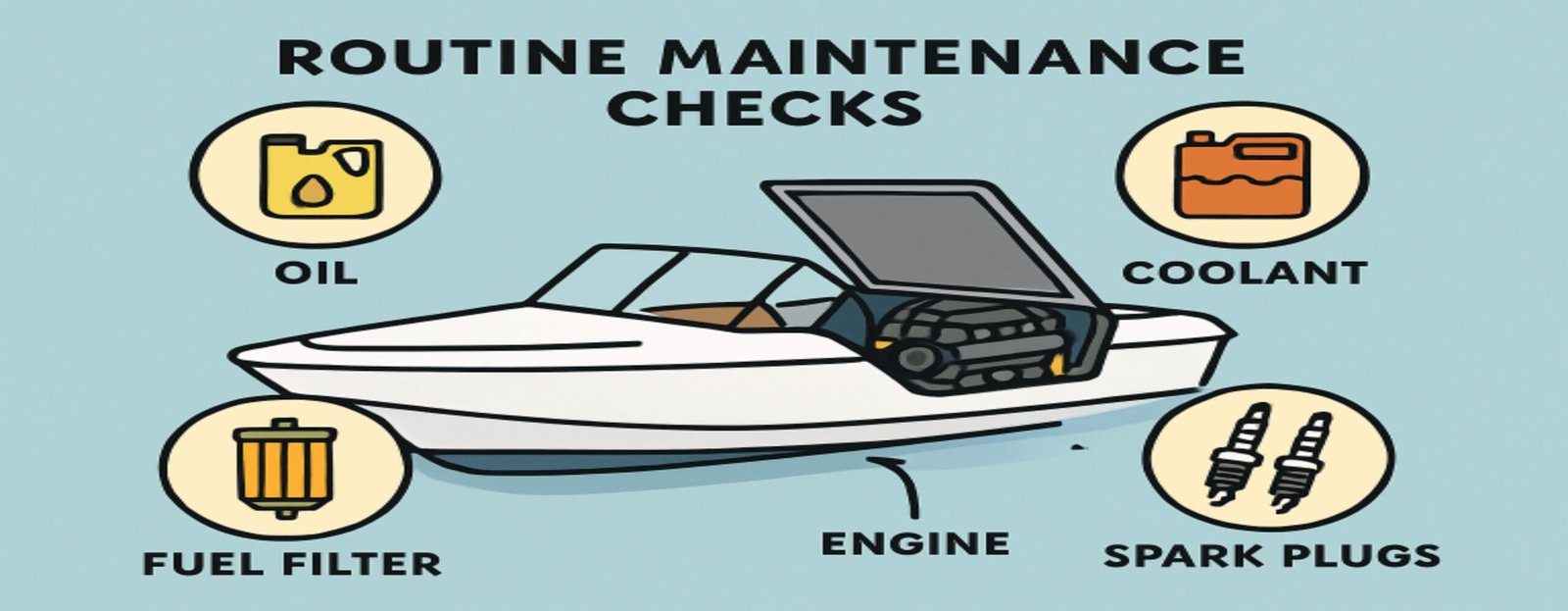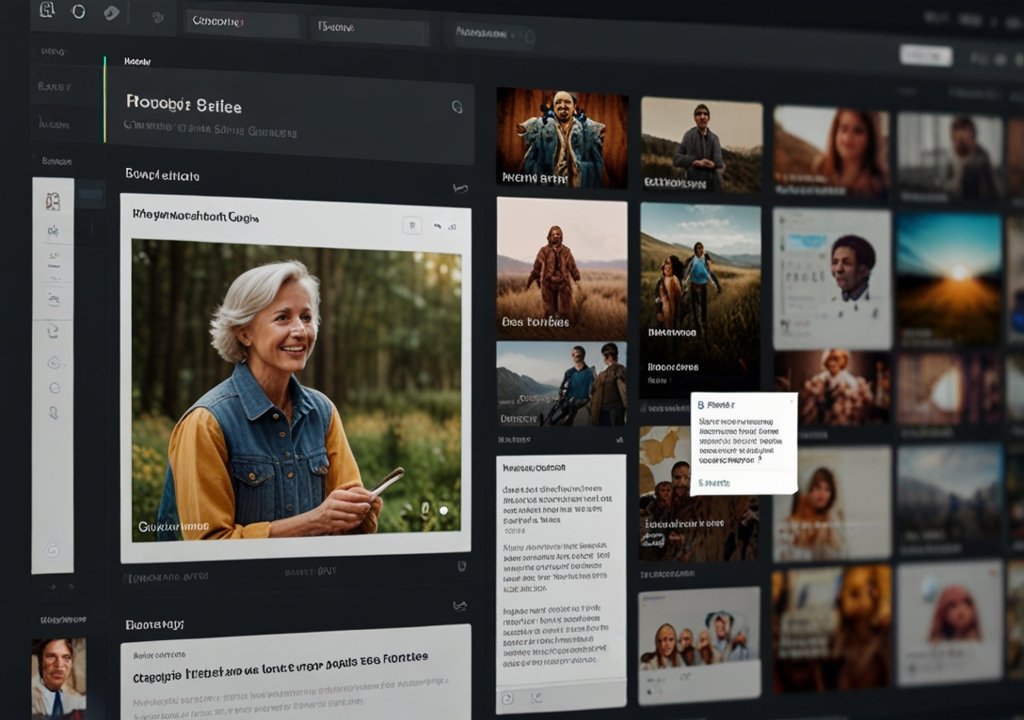Key Takeaways
- Consistent, scheduled maintenance prevents costly breakdowns and extends engine life.
- Pay close attention to vital systems, including oil, coolant, fuel, and ventilation.
- Utilize high-quality, marine-grade oils and fuels to minimize corrosion and enhance performance.
- Regular inspections and proactive replacement of small components—such as belts, hoses, and spark plugs—can prevent major failures.
- Proper winterization and periodic running during off-seasons ensure readiness year-round.
Marine engines are the unsung heroes of every voyage, powering vessels through calm waters and turbulent seas alike. By adopting consistent maintenance routines and smart usage habits, you can significantly enhance your engine’s reliability and longevity. Whether you’re a seasoned mariner or a newcomer to the water, understanding the best ways to care for your engine means fewer headaches and more enjoyable adventures. If you’re searching for trusted marine solutions or tug boats near me, finding the right expertise is an important first step for engine care.
Routine upkeep not only prevents unexpected breakdowns but also reduces long-term operating costs. Fuel, air, and water are the three lifelines of any working marine engine—and neglecting even one can shorten its usable life. Quality components, keen observation, and preventive action are your best insurance for smooth running, giving you peace of mind with every departure from the dock.
The unique demands of the marine environment call for more than just the minimum care. Corrosion, vibration, and fluctuating temperatures can all accelerate wear and tear. A little knowledge and effort go a long way in outsmarting these challenges, allowing your engine to perform optimally even in the most demanding conditions.
Regular Oil Changes
Engine oil is the lifeblood of your marine motor. Changing the oil and filter every 50-100 hours of operation, or at least annually, is essential to prevent contamination from dirt and combustion byproducts. Always opt for high-quality, marine-grade oil and refer to your engine’s manufacturer’s manual for specifications.
Monitor Coolant Levels
Cooling systems protect engines from overheating and expensive repairs. Ensure coolant levels are topped up and check for leaks or clogs after every outing, especially in saltwater environments where mineral buildup is common.
Inspect and Replace the Fuel Filter
Dirty fuel filters impede fuel flow and endanger your engine. Inspect them every 50 hours and carry a spare so you’re prepared for emergencies away from the dock.
Check and Replace Spark Plugs
Spark plug maintenance is often overlooked, but it is crucial for efficient combustion. Examine plugs every 100 hours and replace annually, keeping an eye out for damage or heavy deposits that signal improper combustion or fuel quality issues.
Inspect and Clean the Cooling System
Over time, sand, salt, and debris can clog your cooling system. Regular flushing, especially after saltwater usage, removes these deposits. Replace coolant as specified by your manufacturer and inspect hoses annually to prevent unexpected failures.
Check the Belts and Hoses
Belts and hoses are vital yet prone to wear from vibration and exposure. Inspect for cracks, brittleness, or fraying, and replace any compromised parts immediately. Carrying extras can spare you from being stranded at sea.
Use High-Quality Fuel and Lubricants
Poor-quality fuel leads to carbon buildup and premature deterioration. Ethanol-free gas is preferable, as ethanol attracts moisture and can corrode engine components, particularly during long periods of inactivity.
Monitor Engine Temperatures
Stay vigilant with temperature gauges. Overheating is a top cause of catastrophic engine failure. If you ever notice a rapid spike in temperature, stop the engine immediately and troubleshoot as soon as possible.
Ensure Proper Ventilation
Engines require oxygen-rich air for combustion and cooling. Poor ventilation raises operating temperatures and accelerates wear and tear. Periodically check that your engine compartment allows enough airflow by cracking open the hatch at high RPMs and verifying good intake.
Run the Engine Regularly
Frequent starts distribute oil throughout moving parts and prevent the buildup of damaging moisture and corrosion, especially during wet off-seasons or long storage intervals.
Avoid Overloading and Over-Revving
Consistently running your engine at wide-open throttle or pushing beyond recommended weights shortens its service life. Instead, operate at moderate speeds for fuel efficiency and long-term durability—this is also safer and more comfortable for those onboard.
Winterize the Engine Properly
Before winter storage, drain water from the engine, stabilize the fuel, and use antifreeze as recommended. Store your vessel in a dry space to avoid condensation inside the engine, which can cause internal corrosion during long idle periods.
Monitor Oil Quality
Always inspect your oil before each trip. Milky or particle-laden oil indicates contamination from water or debris and requires immediate attention. Running your engine with contaminated oil can result in severe damage and costly repairs.
Check the Fuel Line Filters
Most marine engines employ remote and inline fuel filters to protect sensitive injectors. Check these filters regularly for water and contaminants, replacing them at least annually or more frequently in harsh conditions. Consistent maintenance, smart operation, and a proactive mindset are all it takes to ensure years of enjoyable, reliable boating.
Final Thoughts
Caring for your marine engine isn’t just about maintenance—it’s about protecting your investment and ensuring every trip is smooth and safe. By committing to routine inspections, using quality products, and addressing issues early, you’ll enjoy more reliable performance and greater confidence at sea. A well-maintained engine not only saves money over time but also makes every voyage more enjoyable, whether you’re cruising, fishing, or operating commercial vessels.
YOU MAY ALSO LIKE: Choosing the Right Boat Shade for Your Vessel Type











